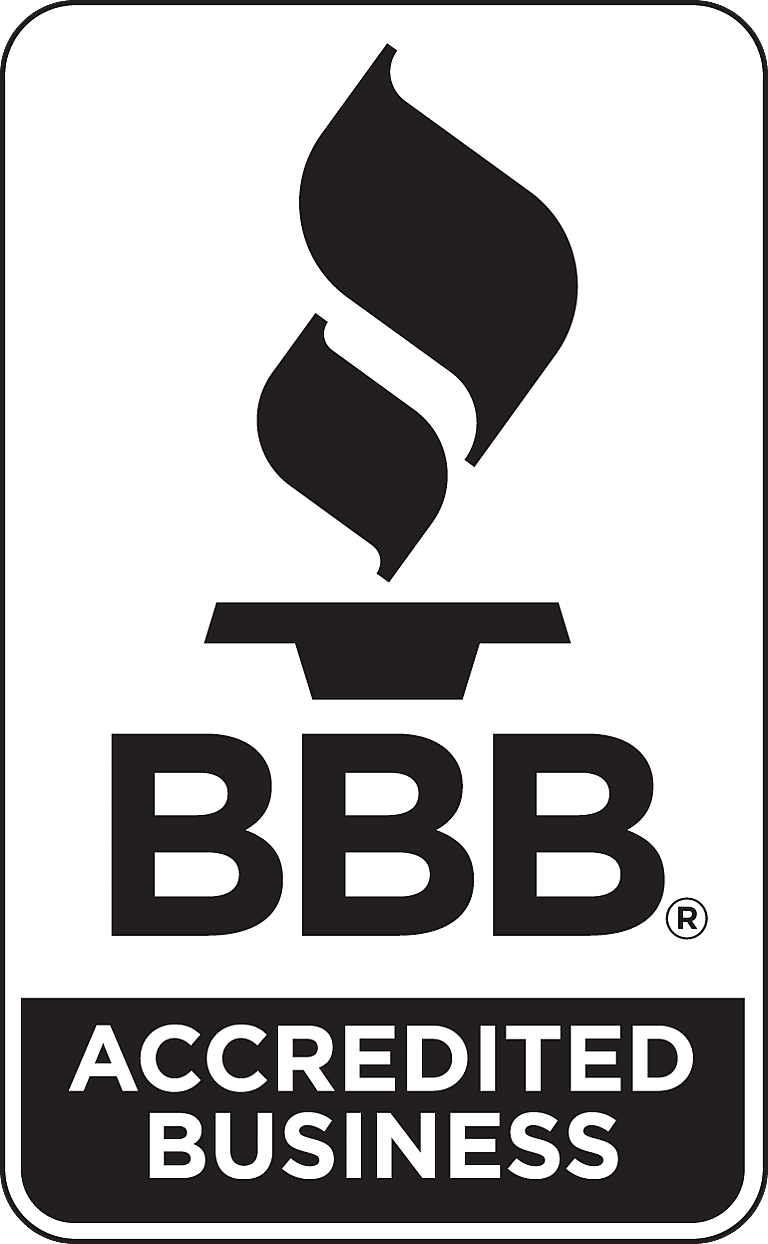In addition to new draft guidance documents on gene therapy-related issues, the US Food and Drug Administration (FDA) will also release guidance on the clinical development of gene and cell therapies, FDA Commissioner Scott Gottlieb said at the Alliance for Regenerative Medicine’s annual board meeting on Tuesday.
The first therapeutic area he said FDA will focus on, in terms of offering “potential accelerated approval endpoints for certain gene therapy products, is hemophilia, “where factor production may be sufficient in some cases as a surrogate measure of benefit where a gene therapy product can potentially normalize factor production … in these settings, the demonstration of a reduction in bleeding rates could be confirmed post approval, as we continue to study a product’s long-term safety and durability.”
The guidance will have to reflect not just the nuances but also the general differences between traditional drug or biologic development and gene and cell therapy development.
“In contrast to traditional drug review, where 80 percent of the review is focused on the clinical portion of that process, and maybe 20 percent is focused on the product issues, I’d say that this general principal is almost completely inverted when it comes to cell and gene therapy,” Gottlieb explained. “The initial clinical efficacy is often established early, and sometimes in small series of patients. The more challenging questions relate to product manufacturing and quality, or questions like how much you can change, or enlarge, the gene cassette that you load into a vector before the gene insert will change the conformation of the vector in ways that also fundamentally alter the entire product’s safety or performance.”
He also noted the question of durability of response, which he said, “often can’t be fully answered in any reasonably sized pre-market trial.”
The comments follow three recent FDA approvals: two Car-T cell therapies, including Novartis’ Kymriah (tisagenlecleucel) for certain pediatric and young adult patients with a form of acute lymphoblastic leukemia (ALL) and Gilead’s Yescarta (axicabtagene ciloleucel) for adults with certain types of large B-cell lymphoma; and a new gene therapy from Spark Therapeutics for the treatment of children and adult patients with an inherited form of vision loss that may result in blindness.
Last November, FDA also released a new policy framework for regenerative medicine, building off a previous framework from 2005, as part of efforts to bring new cell, stem cell and tissue products to patients as efficiently as possible while managing the proliferation of unscrupulous actors hawking unproven therapies.
“The advent of reliable vectors is a turning point in the development of gene therapy and CAR-T cell approaches,” Gottlieb said, citing an MIT study predicting about 40 gene therapy products approved by the FDA by the end of 2022, with 45% of these for products targeting cancer.
Gottlieb also said the agency may be willing to accept more uncertainty for certain gene and cell therapies, particularly with those earning the new Regenerative Medicine Advanced Therapy (RMAT) designation. He noted that as of the end of April, there had been 62 RMAT designation submissions since the inception of the program in December 2016, and 19 designations have been granted (see 16 of them here). Of these 19 products, 14 also have orphan designation.
“For some of these products, there’s going to be some uncertainty, even at the time of approval. But these products are initially being aimed at devastating diseases, many of which are fatal and lack available therapy,” Gottlieb said, according to his remarks. “In these settings, we’ve traditionally been willing to accept more uncertainty to facilitate timely access to promising therapies. This is the direction Congress gave FDA by creating vehicles like the accelerated approval pathway, or the breakthrough therapy designation, or the RMAT designation.”

